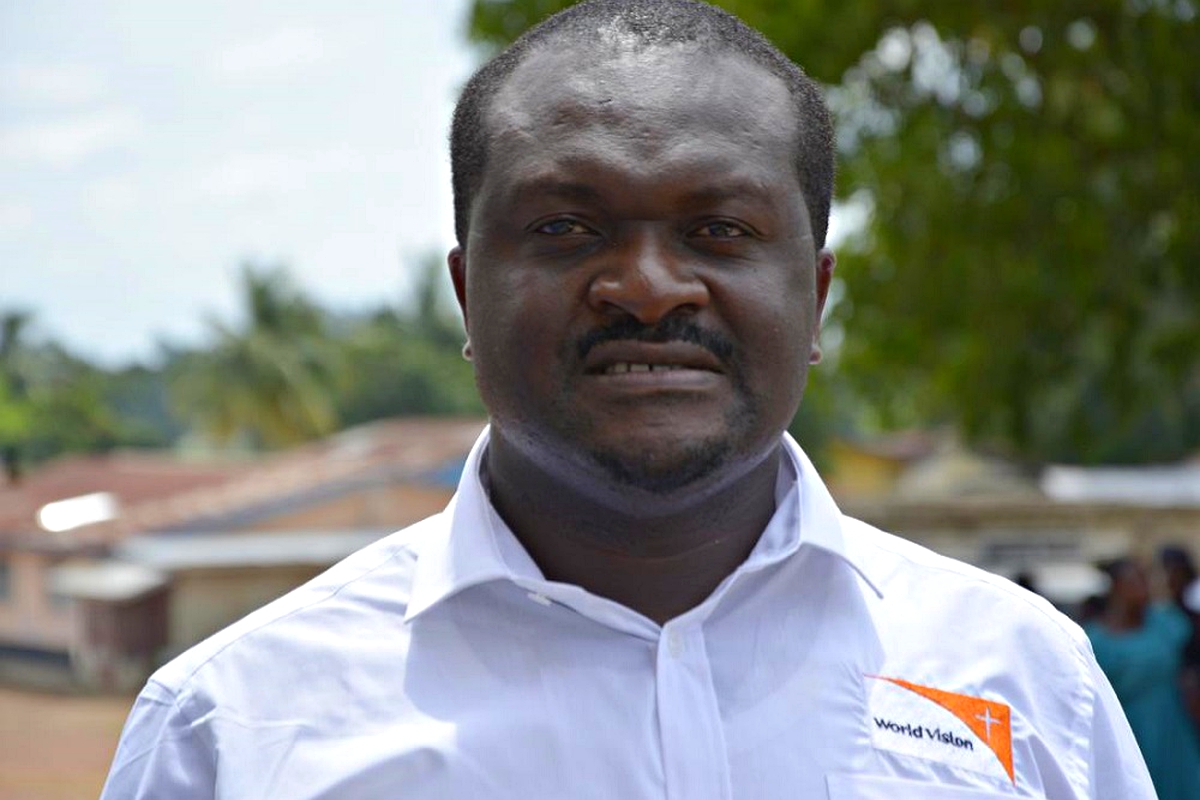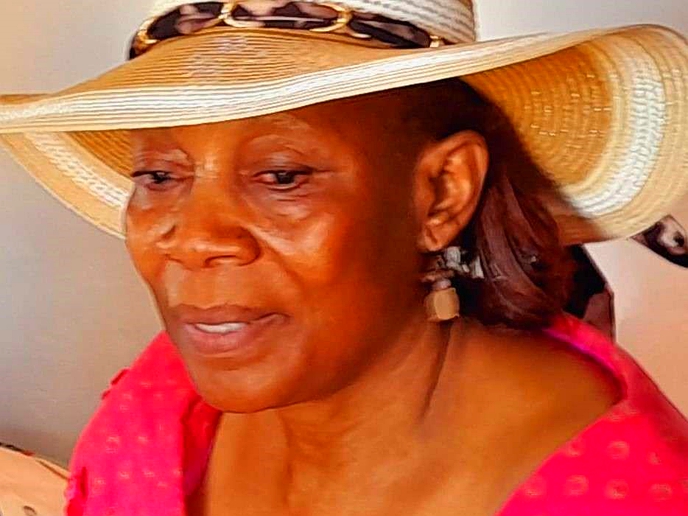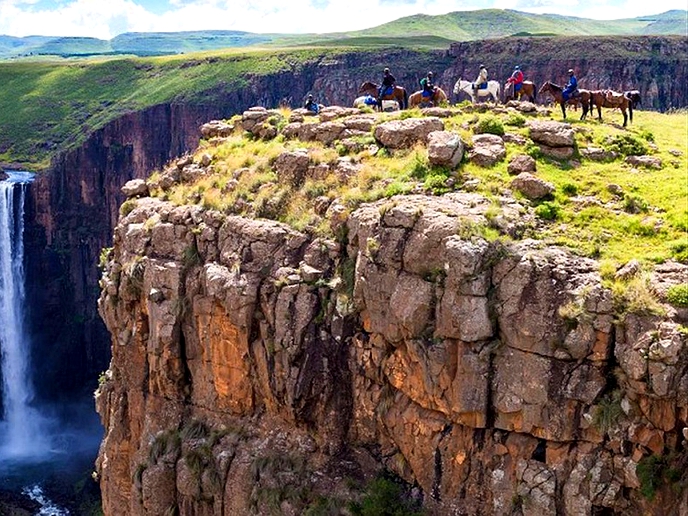THE National Director of World Vision Lesotho James Chifwelu says for the silent, forgotten emergencies, humanitarian assistance remains the last, while early warning systems help to reduce economic losses and mitigate the number of injuries or deaths from disaster.
health
April 21, 2021
LINEO MABEKEBEKE
2 min read
World Vision warns about forgotten emergencies

The National Director of World Vision Lesotho James Chifwelu
This, he said occurs through providing information that allows individuals and communities to protect their lives and property.
He said the early warning information empowers people to take action prior to a disaster.
This, Mr Chifwelu said during a two-day media workshop that ended in Leribe on Tuesday.
The training, he said was intended to generate a stage for media houses to appreciate the concept of Disaster Risk Reduction (DRR) in order for them to effectively contribute ideas, knowledge and experience on coverage of DRR, and to provide media with developments of the government of Lesotho.
Mr Chifwelu said the media needs to be active even before the disaster happens, some of which are predictable, adding however that there is less talk before the disaster happens, and yet can be prevented.
He said there are people who are suffering silently, indicating that when the crisis hits, there is drought, no food production, leading to hunger, while enough warnings could have helped.
Because emergencies differ from country-to-country, others experiencing war and political conflicts because of the approaching elections, he said people need to know that such ought to be avoided as they are the early warnings.
World Vision Disaster Manager Tšeliso Mokoai said they saw significance in inviting the media houses towards helping them tackle issues of DRR as they are an important platform to transform the communities’ appreciation of DRR, including its implementation.
He said due to the current COVID-19 pandemic, there are areas which are hard to reach to pass the messages, because they used to equip people specifically on community simulations and drills and are at this time hoping that media will provide wide coverage.
Enjoy our daily newsletter from today
Access exclusive newsletters, along with previews of new media releases.
One of the participants, Ntšeliseng Matheola from a local radio station said among other things, she learnt the correct way of reporting the concept and practice of reducing disaster risks through systematically analysing and managing the casual factors of disaster.
“The training provided me with information, tools and instruments that will increase the overall awareness and understanding of Disaster Risk Management in general and the topics of risk reduction,” she also noted.
Although floods, earthquakes, droughts and other natural hazards cannot be prevented, Ms Matheola said she is now aware that their impact on communities can be limited through DRR practices.
At the end of the workshop, journalists are expected to boost frequent and inspiring coverage of disaster risk reduction issues, including implementation processes, as well as supporting the World Vision and other humanitarian actors in promoting DRR initiatives in various ways they may be deem appropriate and relevant.
Tailored for you






